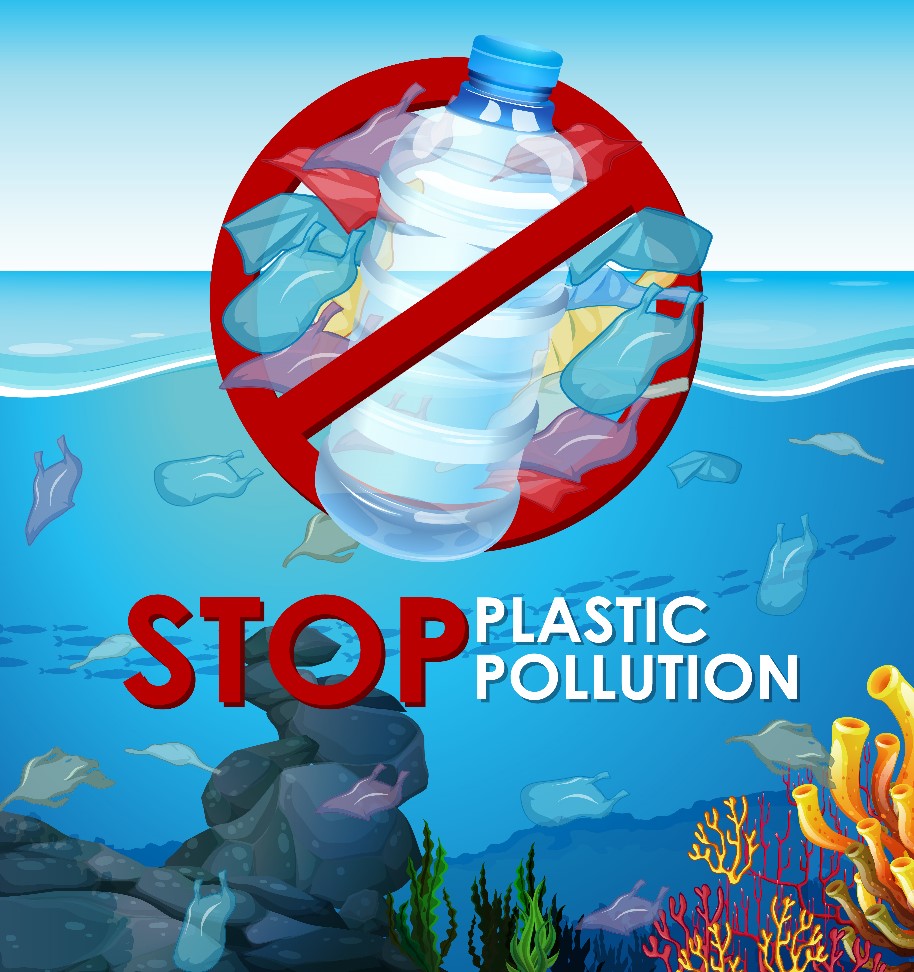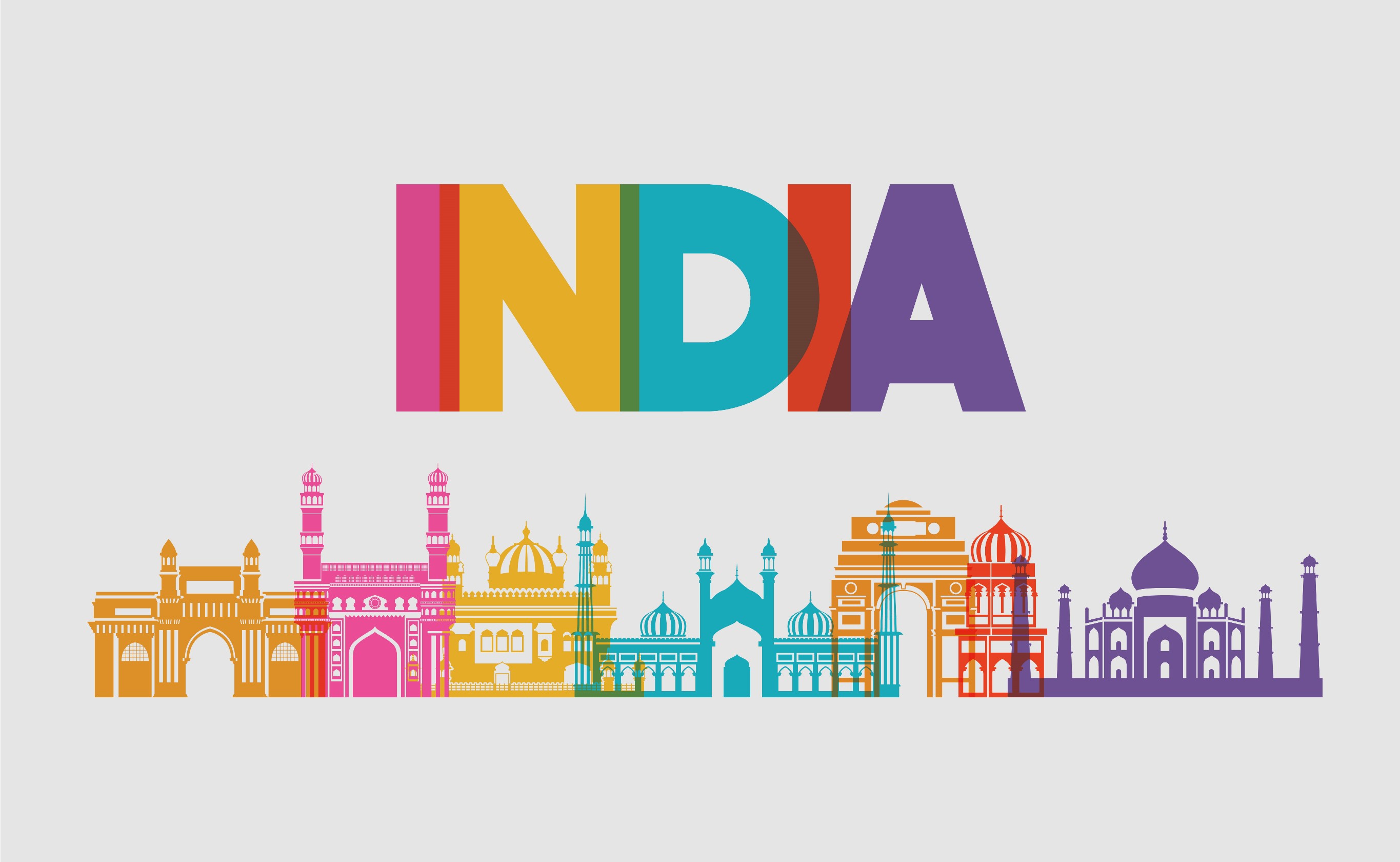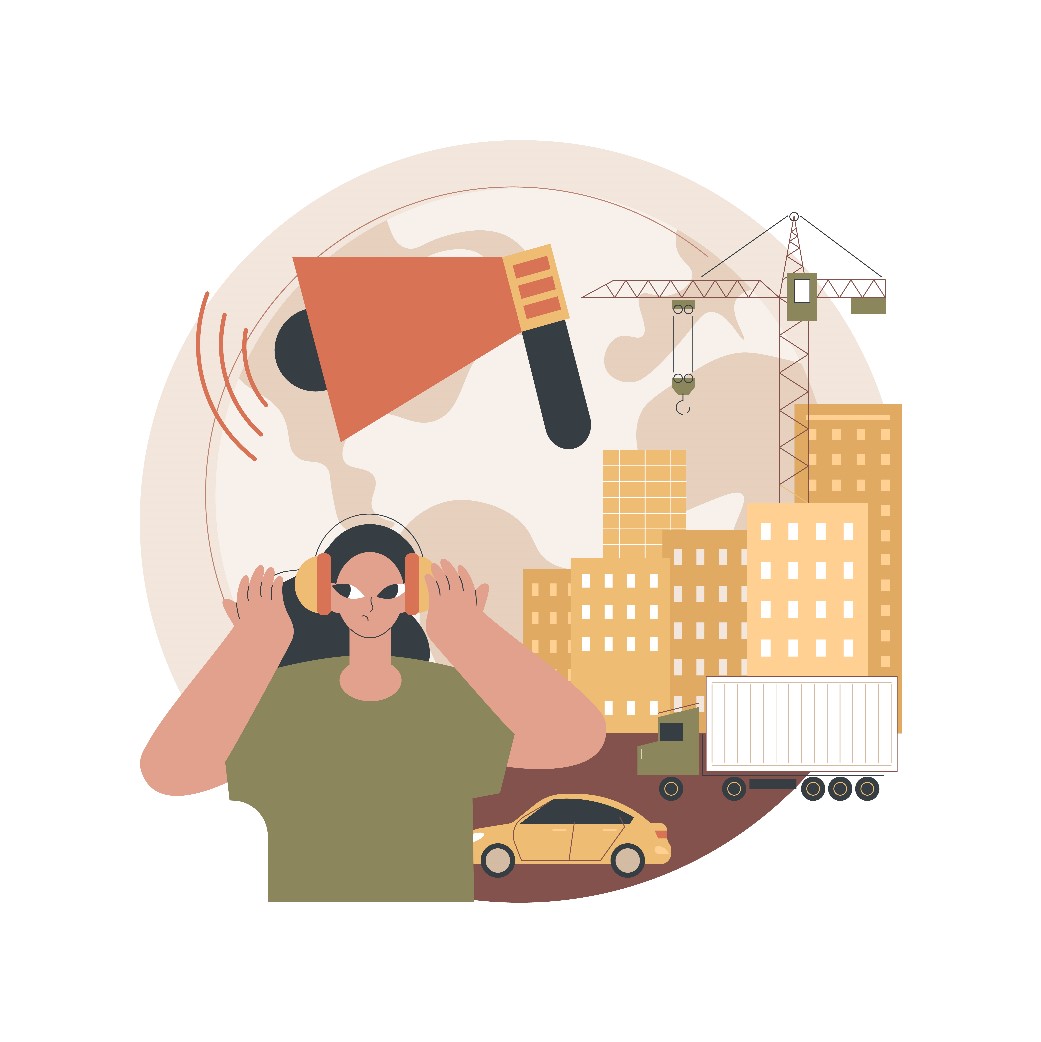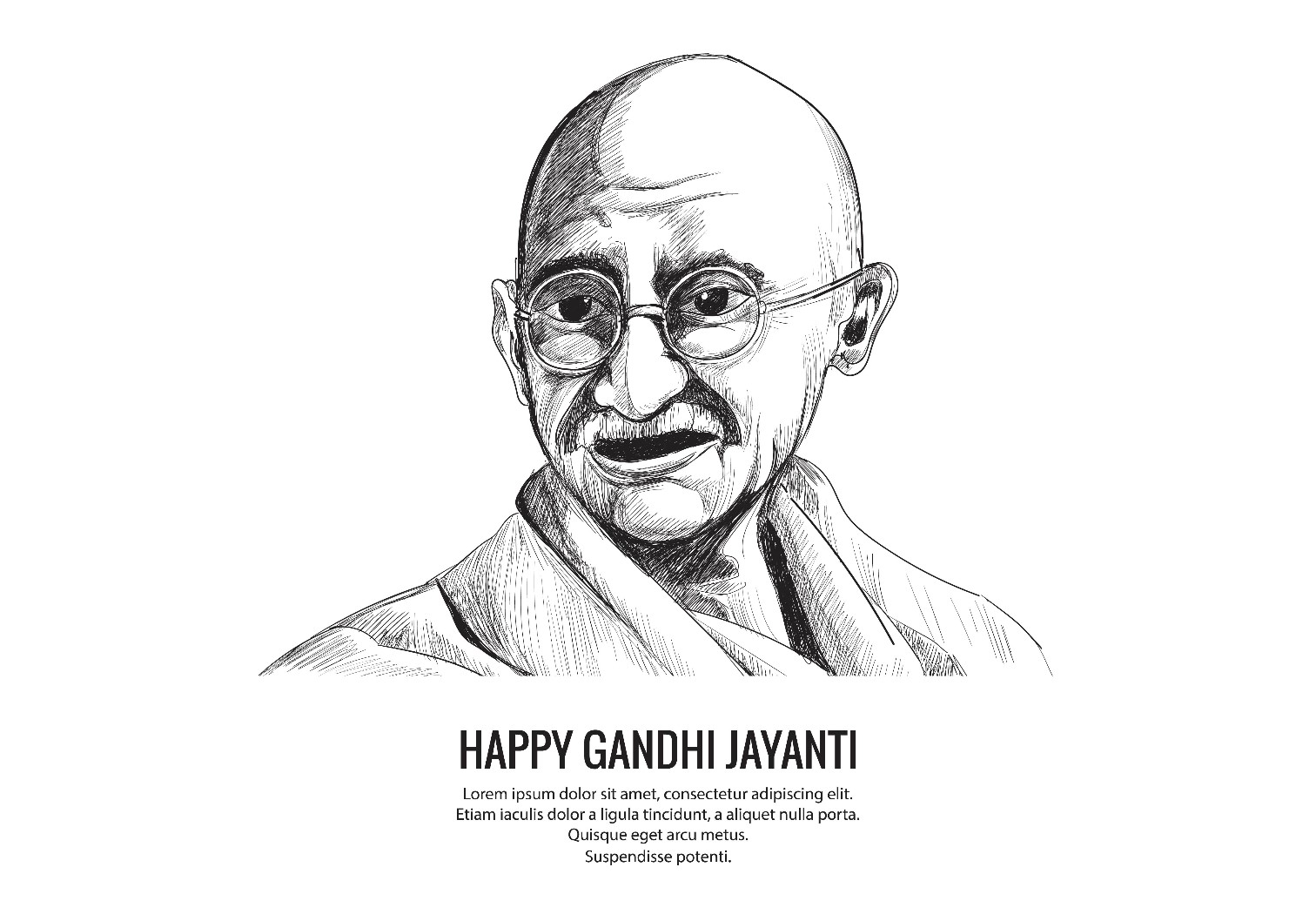Plastic pollution essay in English and Hindi
“Welcome to ASKMORETOLEARNMORE, where knowledge is our compass and curiosity our guiding star. Join us on a journey of exploration, learning, and inspiration as we delve into the world of wisdom, In this post we will see Plastic pollution essay in English and Hindi .”
Table of Contents

Plastic pollution essay in English
Title: Plastic Pollution: Causes, Consequences, and Solutions
Introduction
Plastic pollution is a pervasive and escalating environmental issue that has reached a critical point in our world today. It refers to the contamination of the natural environment with synthetic polymers, particularly plastic, which poses severe threats to ecosystems, human health, and the planet’s overall well-being. This essay will explore the causes, consequences, and potential solutions to plastic pollution, emphasizing the importance of responsible consumption and collective action to mitigate this crisis.
Causes of Plastic Pollution
Excessive Plastic Production:
The primary cause of plastic pollution is the relentless production and consumption of plastic products. The world’s plastic production has surged, fueled by demand for single-use items, packaging materials, and consumer goods.
Single-Use Plastics:
Single-use plastics, such as disposable bottles, bags, straws, and packaging, are major contributors to plastic pollution. These items are designed for short-term use but persist in the environment for hundreds of years.
Inadequate Waste Management:
Inefficient waste management systems, particularly in developing countries, contribute to plastic pollution. Improper disposal, open dumping, and inadequate recycling facilities lead to plastics entering waterways and ecosystems.
Microplastics:
Microplastics are tiny plastic particles, less than 5mm in size, that result from the breakdown of larger plastic items or are intentionally manufactured for use in personal care products. They are found throughout the environment and pose a significant pollution challenge.
Plastic Production and Packaging:
Industries that rely heavily on plastic production and packaging, including the food and beverage, cosmetics, and electronics sectors, contribute to plastic pollution through their production processes and packaging choices.
Litter and Illegal Dumping:
Littering and illegal dumping of plastic waste contribute to plastic pollution in urban and natural environments. Plastic litter is often carried by wind and water into water bodies, exacerbating the issue.
Consequences of Plastic Pollution
Environmental Damage:
Plastic pollution harms ecosystems and wildlife. Animals can ingest plastic debris, leading to physical harm and ingestion of toxic chemicals. Marine life, in particular, suffers as plastics accumulate in oceans.
Human Health Risks:
Plastics can pose health risks to humans through the ingestion of microplastics in food and drinking water. Additionally, chemicals used in plastic production, such as bisphenol A (BPA), can leach into food and beverages.
Degradation of Natural Beauty:
Plastic pollution diminishes the natural beauty of landscapes and water bodies. It affects the aesthetic appeal of beaches, parks, and scenic areas, reducing tourism potential.
Marine Pollution:
Plastics in the oceans have led to the formation of vast garbage patches, like the Great Pacific Garbage Patch, which negatively impact marine ecosystems, endanger species, and degrade water quality.
Economic Costs:
Plastic pollution results in economic costs associated with cleaning up litter, beach and coastal cleanups, and damage to fishing and tourism industries.
Solutions to Plastic Pollution
Reduce Plastic Production:
Governments, industries, and consumers must work together to reduce plastic production. This includes phasing out single-use plastics, promoting alternatives, and implementing extended producer responsibility (EPR) programs.
Promote Recycling:
Encourage recycling by investing in recycling infrastructure, raising awareness, and making recycling facilities more accessible. Implementing deposit return schemes can incentivize plastic bottle recycling.
Innovate Materials:
Develop and promote alternatives to traditional plastics, such as biodegradable and compostable materials made from renewable resources.
Responsible Consumer Choices:
Consumers can reduce their plastic footprint by making responsible choices, such as using reusable bags, bottles, and containers, and avoiding products with excessive packaging.
Waste Management Improvement:
Improve waste management practices, particularly in developing countries, to prevent plastic waste from entering waterways and ecosystems.
Cleanup Efforts:
Organize and support community cleanup initiatives and volunteer efforts to remove plastic litter from beaches, parks, and water bodies.
Legislation and Regulation:
Enact and enforce legislation and regulations to control plastic pollution, including bans on single-use plastics and restrictions on plastic packaging.
Public Awareness and Education:
Raise public awareness about the impacts of plastic pollution through educational campaigns, documentaries, and school programs. Encourage responsible plastic use and disposal.
International Cooperation:
Plastic pollution is a global issue, and international cooperation is crucial. Agreements and initiatives, such as the Basel Convention, can help address transboundary plastic waste trade.
Conclusion
Plastic pollution is a global crisis that requires immediate and concerted action at all levels of society. Its causes are deeply rooted in excessive plastic production, single-use plastics, inadequate waste management, and consumer behaviors. The consequences are severe, affecting ecosystems, human health, and the economy.
Addressing plastic pollution necessitates a multifaceted approach, involving individuals, communities, industries, and governments. Reducing plastic production, promoting recycling, developing alternative materials, and enacting legislation are essential steps to mitigate this crisis. By recognizing the urgency of the situation and collectively working towards reducing plastic pollution, we can protect the environment, preserve ecosystems, and ensure a healthier and cleaner planet for generations to come.
Plastic pollution essay in Hindi
प्लास्टिक प्रदूषण पर निबंध (Essay on Plastic Pollution in Hindi):
प्लास्टिक प्रदूषण एक महत्वपूर्ण वायुमंडल प्रदूषण है जो हमारे पर्यावरण के लिए एक गंभीर समस्या बन गया है। प्लास्टिक का व्यापक प्रयोग, उसकी अधिक मात्रा में उत्पत्ति और पुनः प्रयोग के अभाव में इसे वायुमंडल में विभिन्न भागों में प्रदूषण करने का कारगर कारक बना रहा है।
प्लास्टिक प्रदूषण का मुख्य कारण उपयोग और उत्पादन की अधिक मात्रा में होने वाला प्लास्टिक है। प्लास्टिक का अत्यधिक उपयोग एक्सेस और सिंगल यूज प्लास्टिक प्रोडक्ट्स के उपयोग में होता है जो पर्यावरण को अत्यधिक क्षति पहुंचाता है।
प्लास्टिक का नियमित उपयोग बढ़ रहा है, लेकिन इसकी पुनर्चक्रण की प्रक्रिया धीमी हो रही है। यहां तक कि प्लास्टिक के कई प्रकार नहीं पुनः प्रयोग होते हैं, और यह लांडफिल्स और जलमार्गों में अत्यधिक परिस्थितियों का कारण बन रहा है।
प्लास्टिक प्रदूषण के नुकसान से बचने के लिए हमें अपनी जिम्मेदारी निभानी चाहिए। हमें प्लास्टिक के प्रयोग को न्याय्य और उचित रूप से करना चाहिए और प्लास्टिक के पुनः प्रयोग की प्रोत्साहना करनी चाहिए। प्लास्टिक के विकल्प के रूप में पेपर बैग्स, जूट बैग्स और अन्य प्राकृतिक सामग्री का प्रयोग करना चाहिए।
इसके अलावा, हमें प्लास्टिक प्रदूषण के खिलाफ जनजागरूकता बढ़ानी चाहिए ताकि लोग इस खतरनाक समस्या के बारे में जानें और इसे नियंत्रित करने के लिए सक्रिय भागीदारी करें।
इस प्रकार, हम सभी को साथ मिलकर प्लास्टिक प्रदूषण को नियंत्रित करने और हमारे पर्यावरण को स्वच्छ और स्वस्थ बनाने के लिए जोड़बंदी बनानी चाहिए।
 India republic day in English and Hindi
India republic day in English and Hindi Essay on India in English and Hindi
Essay on India in English and Hindi Noise pollution essay in English and Hindi
Noise pollution essay in English and Hindi Essay on Air Pollution in English and Hindi
Essay on Air Pollution in English and Hindi Essay on Dussehra in Hindi and English
Essay on Dussehra in Hindi and English Essay on Durga puja in English and Hindi
Essay on Durga puja in English and Hindi Essay on discipline in English and Hindi
Essay on discipline in English and Hindi Essay on social media in English and Hindi
Essay on social media in English and Hindi Global warming in Hindi and English
Global warming in Hindi and English Essay on mahatma Gandhi in English and Hindi
Essay on mahatma Gandhi in English and Hindi
We sincerely appreciate your time and interest in our content Plastic pollution essay in English and Hindi. Your support means the world to us, and we’re thrilled that you chose to visit our page.
At AskXYZ, we’re committed to delivering valuable and engaging content. We want to ensure that your experience with us is exceptional. That’s why we invite you to explore more of our posts/articles. We’re confident you’ll find something that piques your interest.
Your feedback is incredibly important to us. It helps us understand what you love and how we can improve. Please take a moment to share your thoughts or suggestions. We’re all ears!
Explore our other posts/articles and share your feedback with us .
